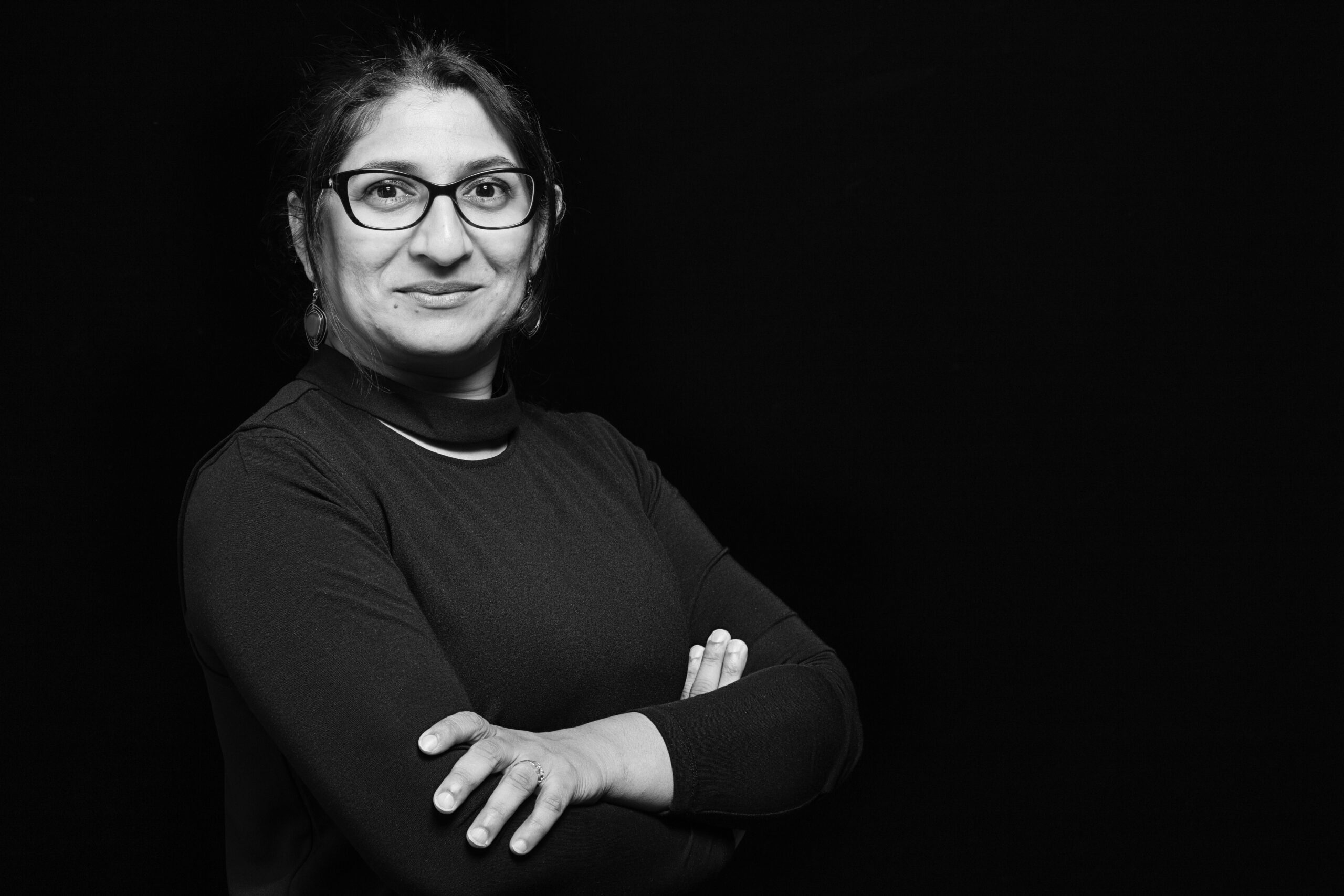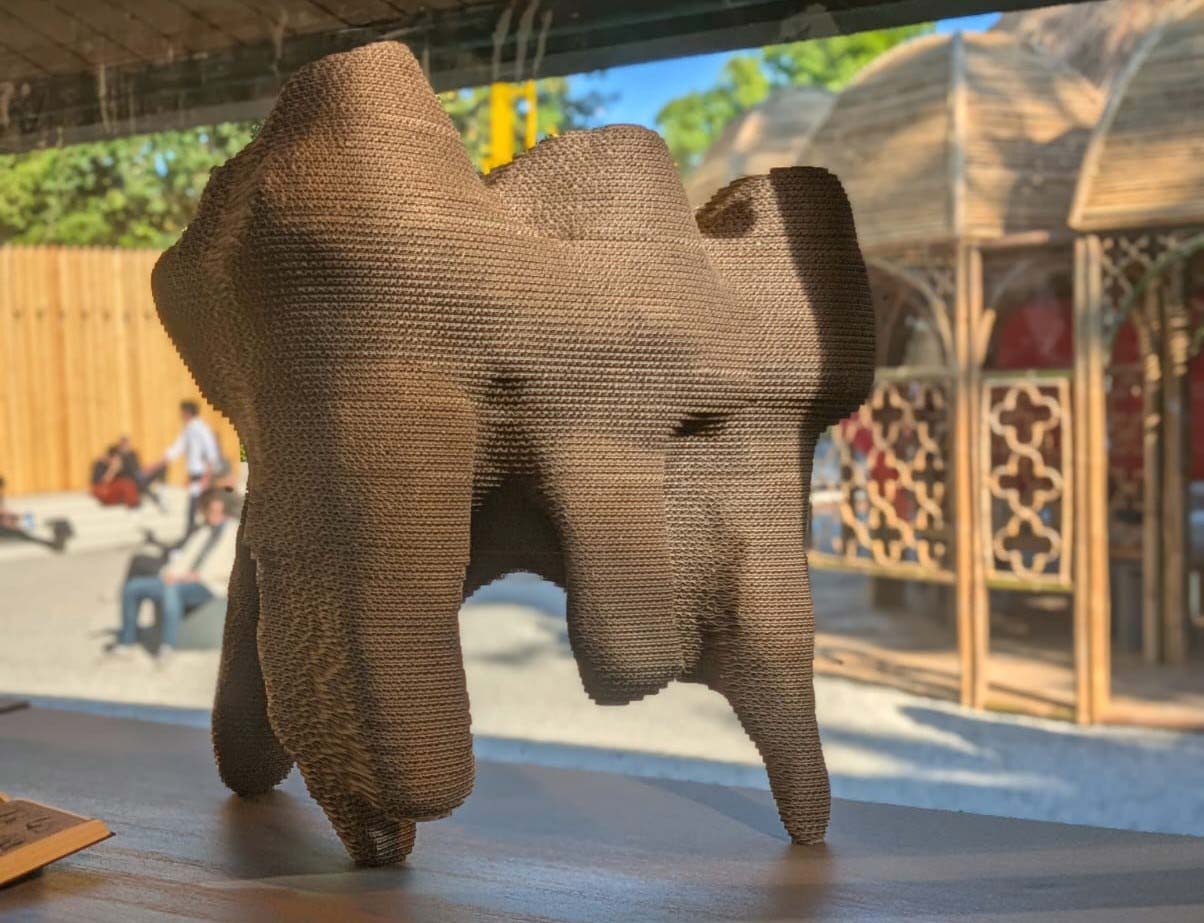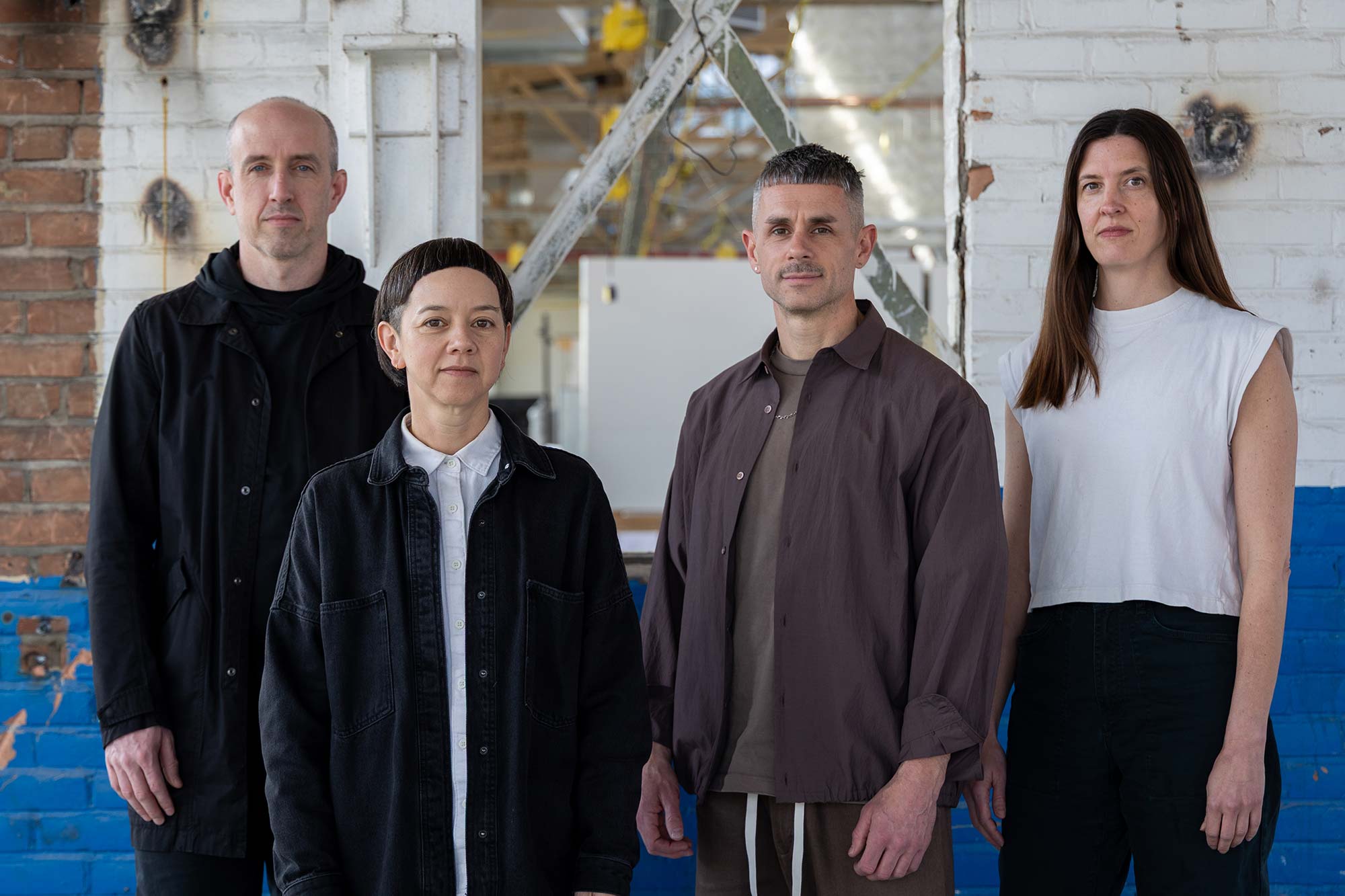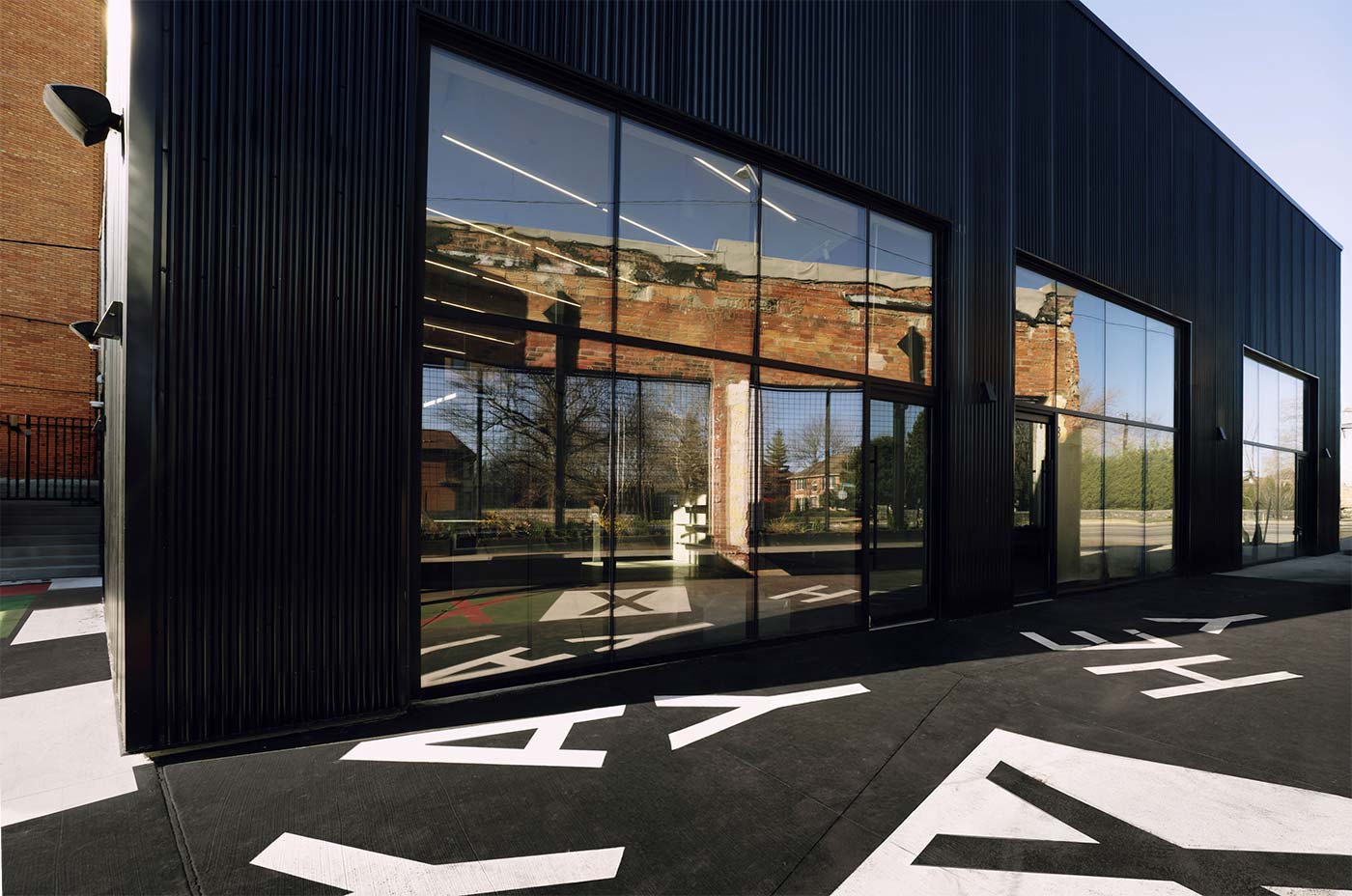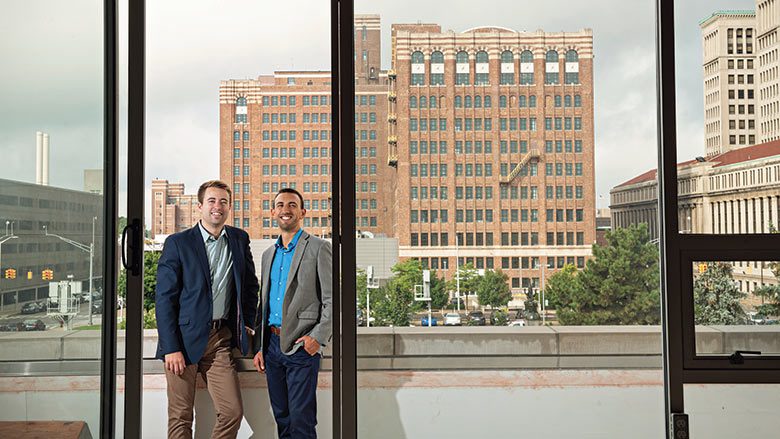
Finding a Platform for Success With Clarke Lewis and Myles Hamby
By Amy Spooner
Clarke Lewis, M.Arch ’15, and Myles Hamby, M.U.P. ’14, aren’t Detroit or Michigan natives. But as development managers at The Platform, a Detroit real estate development company, they are all in on the city’s potential, and they are working on its revitalization with insiders’ views as residents. “Detroit is one of the most interesting urban labs in the world,” says Lewis, who grew up in Pittsburgh.
Before they were workmates, Lewis and Hamby, a Californian, were classmates in Professor Peter Allen’s Real Estate Essentials class at U-M’s Ross School of Business. Tasked with drafting a redevelopment proposal for a mixed-use building in the city of their choice, Hamby and Lewis were drawn to each other and to the third member of their team, Dang Duong, M.B.A./J.D. ’15, because “we wanted to turn it into a real deal,” Hamby says. In addition to finding the right property in a good location, they also took a modest approach that could be achievable for three novice developers: “a one or two million-dollar project,” Hamby says. “Three, tops.” Turns out, they severely underestimated what was possible.
Their class project — for which they earned an A+ — now is a two-phased, nearly $38 million development known as Baltimore Station, located on the corner of Woodward and Baltimore avenues in Detroit’s New Center area, just a few blocks from The Platform’s Fisher Building headquarters. Phase 1, a rehabilitation of a commercial structure that features 23 apartment units and almost 10,000 square feet of retail, opens soon. Phase 2, a new construction development with 138 residential units and 7,000 square feet of commercial space, will open in fall 2019.
The proximity of Lewis, Hamby, and Duong’s employer to their class project is no coincidence: In May 2016, Peter Cummings and Dietrich Knoer agreed to invest in and assume development oversight of Baltimore Station through their new company, The Platform. They also added Duong and Lewis to their growing team, and as Platform employees, each worked to advance the Baltimore Station development. Hamby, who then was food access coordinator for Detroit’s Eastern Market Corporation, came on board about a year later.
Baltimore Station’s first partner, however, was their former professor, who owns the Ann Arbor-based real estate firm Peter Allen + Associates. “It’s the dream of my life” to see a student project take off like this, Allen previously has said. Today, the project that got Lewis and Hamby in the door at The Platform is only a portion of their day-to-day work. Lewis’s current portfolio includes The Boulevard, a 231-unit ground-up multifamily development; Chroma, which will rehab an existing nine-story structure to create an artists’ community; and the Pistons Performance Center, a 175,000-square-foot new construction project that will house the NBA franchise’s front office, as well as practice and sports medicine facilities. Hamby’s projects include mixed-use developments of varying scale in the eastside neighborhoods of Eastern Market and Islandview, near Belle Isle. “One of The Platform’s missions is to not just develop in New Center and Greater Downtown, but also in the neighborhoods,” he says. “For Detroit’s revitalization to be sustainable, you need economic development across the entire city.”
To properly redevelop neighborhoods, part of The Platform’s approach is to be good neighbors. Before the company acquired property in Islandview, Knoer — The Platform’s president and CEO — was a member of a neighborhood church and built relationships with community leaders. With two developments currently underway, Hamby and others routinely attend community meetings in Islandview. “We have good support because we’ve built up a solid rapport,” Hamby says. “We don’t want to build something that sticks out like a sore thumb, and the only way a development can become part of a community’s fabric is to work alongside its residents.”
It also helps to conceptualize a neighborhood’s needs by having those same needs. “Myles and I live in the city, so we’re eager to expand basic services here,” Lewis says, noting that The Platform has hired a retail expert to bring more regional and national players into its developments. “The city is working to reverse the leakage of retail services and goods.”
Their paths of study at Taubman College were different — except for that one fateful real estate class — and their work at The Platform rarely intersects. But, Lewis notes, “our work is very similar. One of the best skills I learned in architecture school is visually representing projects. You have to be able to tell the story of your project and convince investors, lenders, and others to be part of it. A career in development speaks to my interest in design and my entrepreneurial mind-set,” says Lewis, who also earned a certificate in real estate development at U-M.
His fellow classmate, teammate, and entrepreneur agrees. “My degree in urban planning taught me how various elements of a city intersect to create a positive or negative experience for the person living in, working in, or visiting a city: zoning, city services, housing needs, amenities,
et cetera,” Hamby says. “Real estate developers need to understand those elements and their implications for a particular site. We have the opportunity and responsibility to develop a place that positively contributes to the city. And that is exciting work.”





